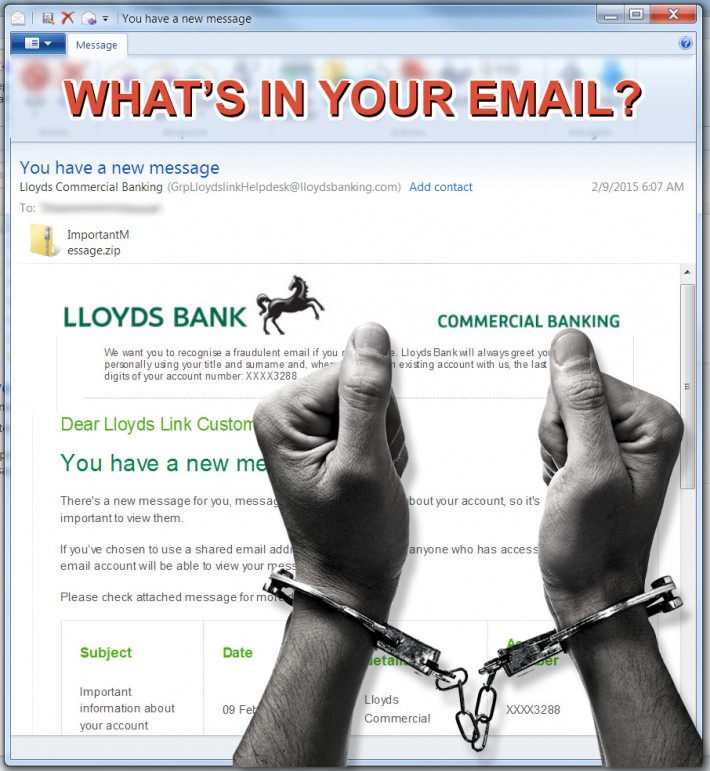
#InternetHoaxes #InternetSams
No matter how many times we have said it in the past, it ALWAYS bears repeating - Be careful about what attachments you open up in your incoming email.
There are several methods people will use to get over on you, using emails.
Phishing Emails
Phishing is the attempt to acquire sensitive information such as usernames, passwords, and credit card details (and sometimes, indirectly, money) by masquerading as a trustworthy business.
Damage caused by phishing
According to wikipedia "The damage caused by phishing ranges from denial of access to email to substantial financial loss. It is estimated that between May 2004 and May 2005, approximately 1.2 million computer users in the United States suffered losses caused by phishing, totaling approximately US$929 million"
Malware email attachments
Malware, short for malicious software, is any software used to disrupt computer operation, gather sensitive information, or gain access to private computer systems.
Malware is often hidden in attachments and free downloads. It can log your keystrokes to steal your passwords and use them to access your online accounts.
Fraudsters send millions of spam emails to customers, claiming to be from financial institutions. The emails have attachments which claim to have details about, for example, a suspicious transaction, an invoice, fax, voicemail etc.
Your computer held hostage by malware
Opening the attachment could lead to malware eg 'Cryptolocker' being installed on your computer. This malware will encrypt the files on your computer, and network drives the computer is attached to, before demanding payment to release the files. Once the files are encrypted, there is no way to decrypt them without paying the ransom.
The Lloyds Commercial Banking Email Scam
The Lloyds commercial banking email is both a form of Phishing, and Malware because it asks you for your information to be updated using instructions in a document which is contained inside a zip file that comes along with the mail.
In a twist of irony, the people pulling this one off must think they are really cute, or have a warped sense of humor, becaust they actually give you a warning about fraudulent emails at the top of the message.
Our email said this:
"We want you to recognise a fraudulent email if you receive one. Lloyds Bank will always greet you personally using your title and surname and, where you hold an existing account with us, the last four digits of your account number: XXXX3288."
If you read that notice, and then look at the rest of the email, you would see right away that the email is a self-confessed scam! Yet people still in their haste fall for this approach.
DO NOT OPEN THE E-MAIL ATTACHMENT.
Opening the attachment could lead to malware such as 'Cryptolocker' being installed on your computer. This malware will encrypt the files on your computer, and network drives the computer is attached to, before demanding payment to release the files. Once the files are encrypted, there is no way to decrypt them without paying the ransom.
If this article was helpful, please share it. Thanki you.


